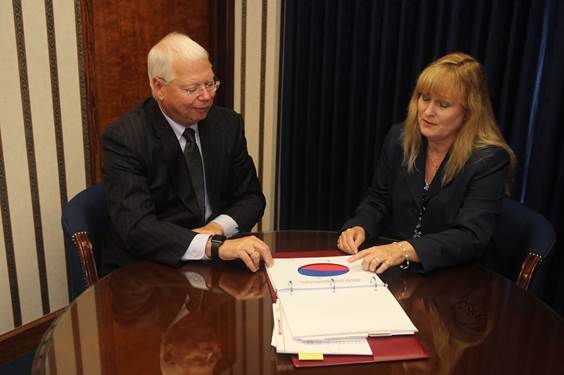You have to start somewhere. When you are considering your first time working with a trial consultant, there are some important things to know.
1) Not all consultants are equally qualified. Trial/Jury/Litigation Consultants should be vetted. You are hiring our expertise, not just a “vendor” to facilitate a mock jury project. Consultants should have the education and experience to complement the skills of a trial lawyer. There are probably more unqualified trial consultants than highly educated, qualified experts. You do get what you pay for – your client deserves expertise.
2) Your consultant needs information about your case. You need to provide information to the consultant to facilitate a conflict check. Once you retain the consultant, you will need to provide case documents. You need to help your consultant help your client by being forthcoming with case information.
3) Lead time is required when hiring a trial consultant. Lead time is required for scheduling, for getting client approval, for planning and orchestrating the research, for preparing surveys and other materials, and very importantly, to recruit the mock jurors.
4) Reporting after the research day is also time-consuming. Factor lead time and post research time, which averages 4 to 8 weeks total, when considering when to contact the consultant.
5) Communication is critical. In the short, intense, time prior to a mock jury project, expect to receive considerable information from the consultant. Plan on communicating often with the consultant before the mock jury project. Work does not end on the research day. Expect to spend time debriefing the results of the research.
6) There are different approaches to mock jury research. The appropriate methodology(ies) must be determined in advance and, once a plan is in place, the plan must be followed. The most frequent decisions to be made in advance are: neutral or adversarial arguments, length of the presentation, and the number of mock juries/jurors. Be prepared to discuss these options with the consultant from the outset. There are more decisions, but these are a start.
7) The trial venue must be considered. The research will usually take place in the trial venue.
8) You will spend considerable time preparing for the research. All the time spent will be time well spent and will be beneficial to you in obtaining the best outcome for your client.



